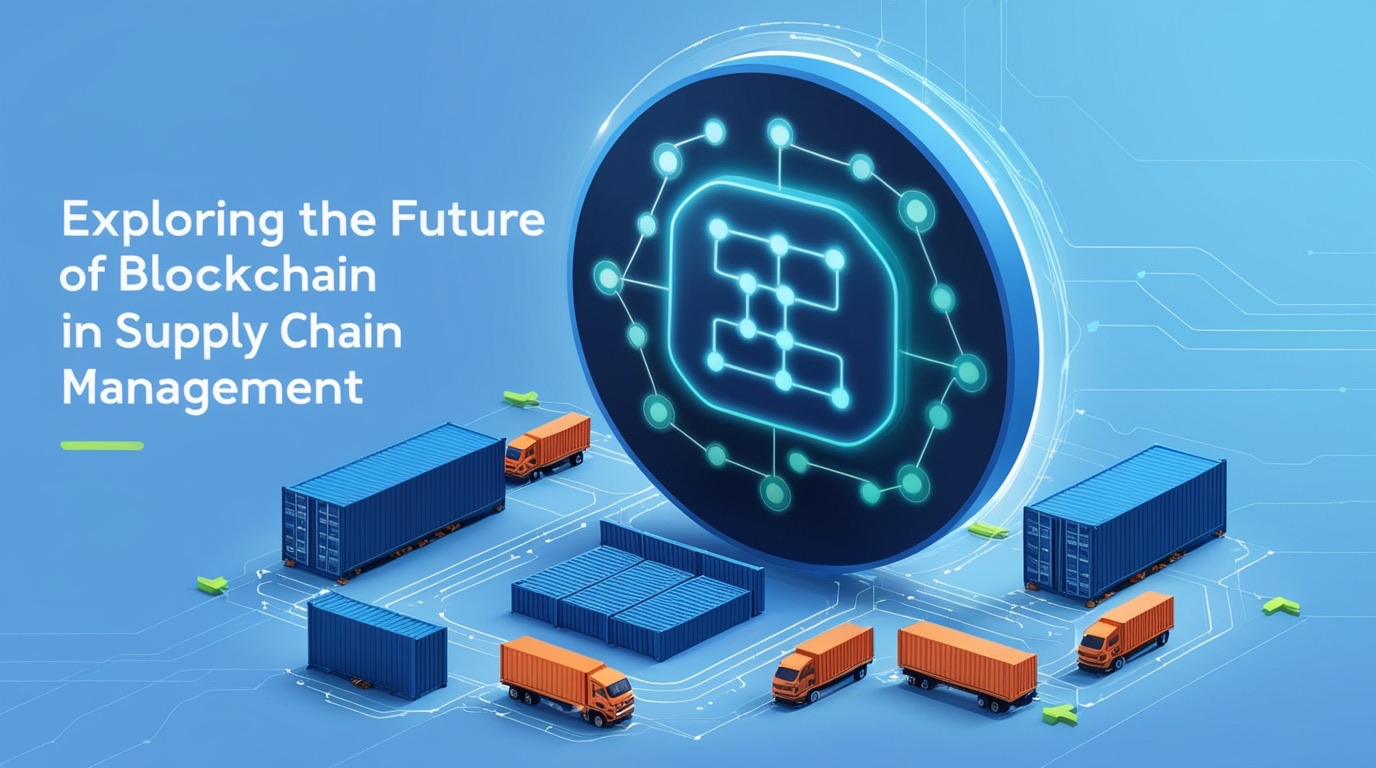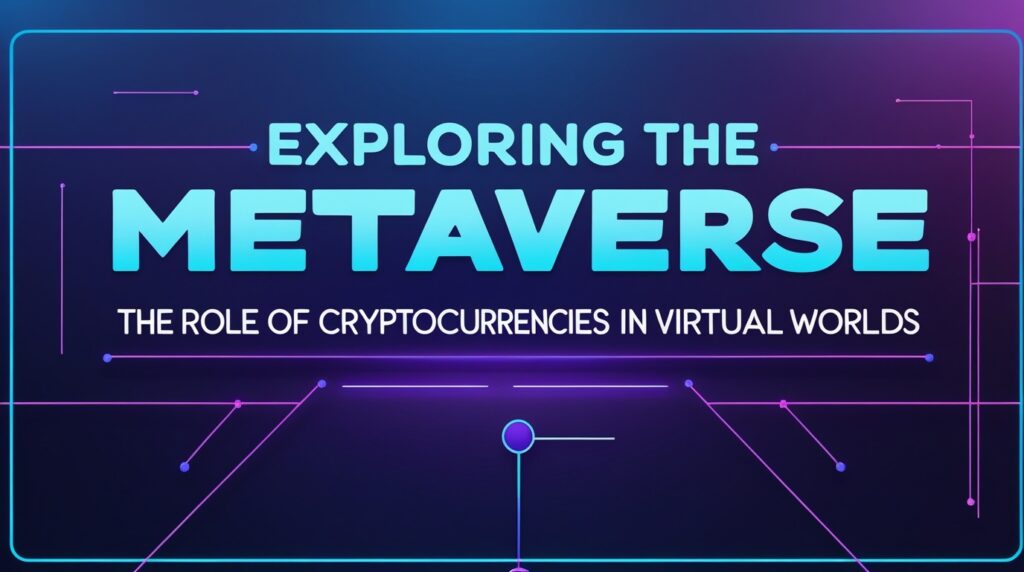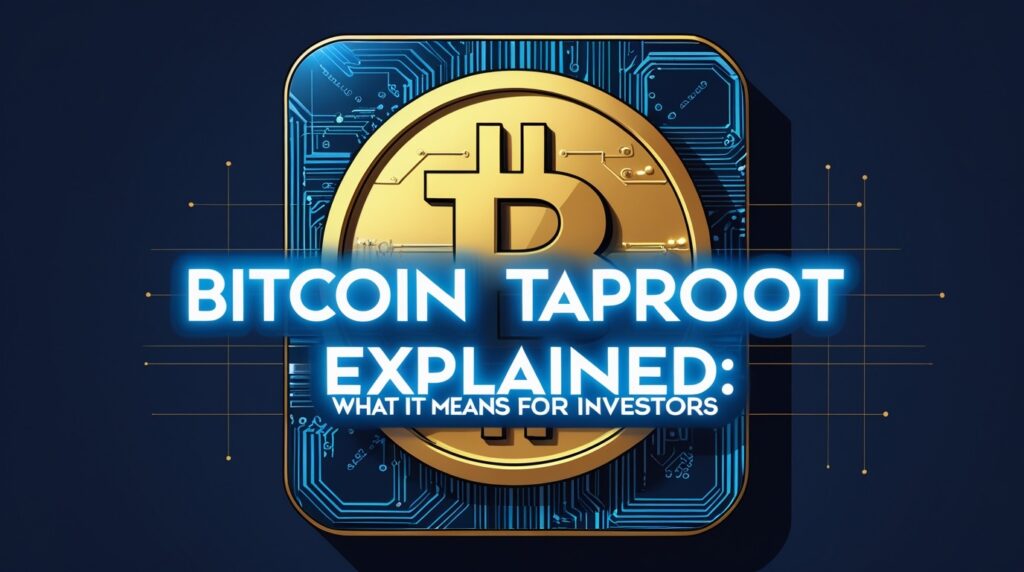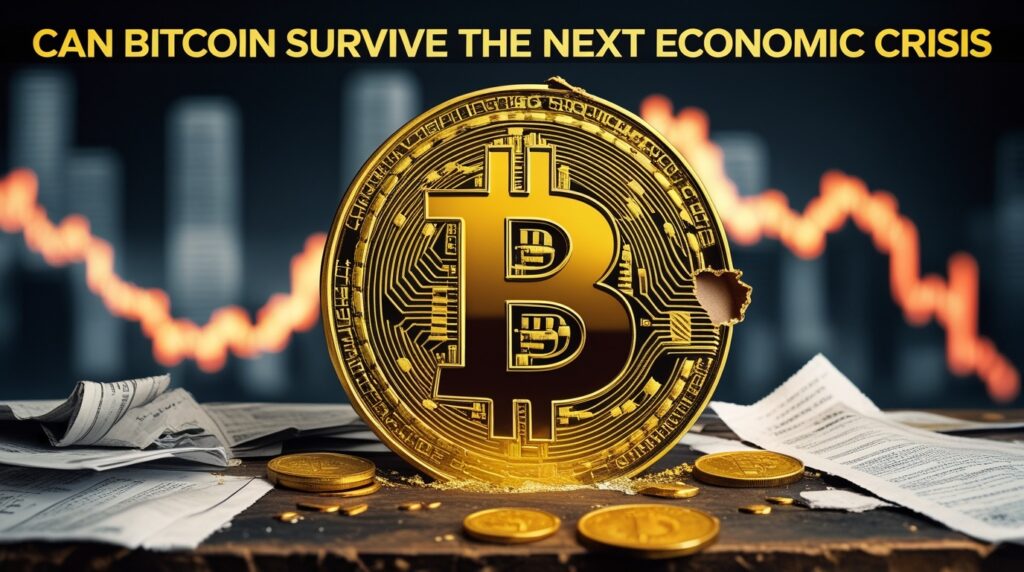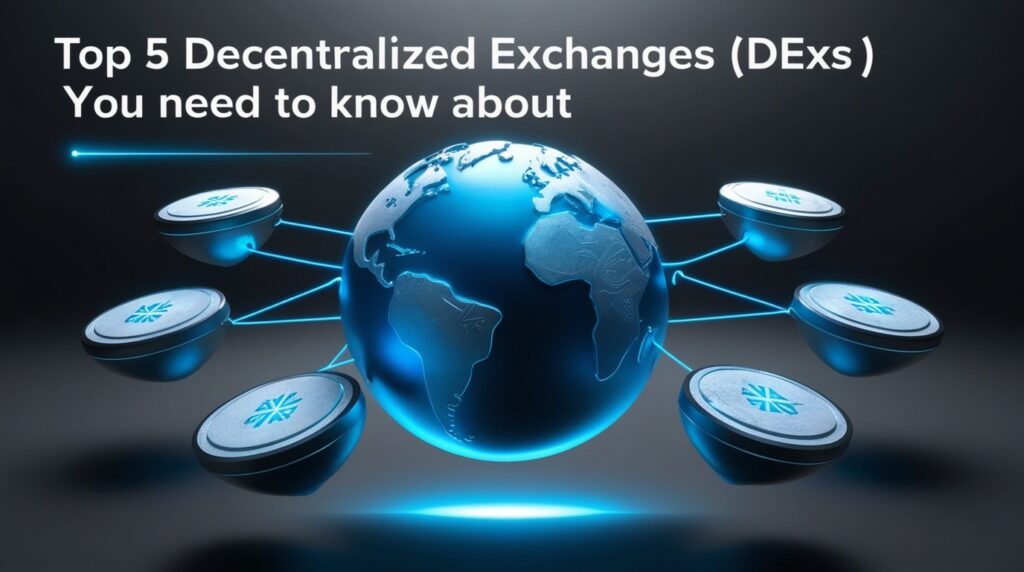Blockchain technology, which first gained widespread attention due to its association with cryptocurrencies like Bitcoin, is rapidly finding its way into various industries. One area where blockchain is making a significant impact is supply chain management.
As businesses continue to explore ways to streamline operations, enhance transparency, and improve efficiency, blockchain has emerged as a revolutionary tool. In this post, we will be exploring the future of blockchain in chain management.
What is Blockchain Technology?
Blockchain is a decentralized digital ledger technology that securely records transactions across multiple computers. This technology ensures that the information is immutable, meaning once it is recorded, it cannot be altered or tampered with. Each transaction is grouped into blocks and linked to the previous block, forming a chain. Blockchain’s decentralized nature ensures that no single party has control over the data, enhancing transparency and security.
In the context of supply chain management, blockchain can be used to track the movement of goods, verify transactions, and ensure that products are authentic and traceable from their origin to the end consumer.
The Challenges of Traditional Supply Chain Management
Supply chain management involves a complex network of suppliers, manufacturers, distributors, and retailers working together to deliver products to consumers. However, traditional supply chain systems often face several challenges:
Lack of Transparency
Traditional supply chains rely on multiple intermediaries, which can lead to a lack of transparency. Tracking the movement of goods through these intermediaries is often difficult, making it challenging to verify product authenticity and trace its journey from origin to destination.
Inefficiency
Many supply chains still rely on paper-based processes or outdated digital systems, which can lead to inefficiencies and delays. The time it takes for information to move between stakeholders can slow down operations, especially when data is inaccurate or incomplete.
Counterfeiting and Fraud
The global supply chain is often vulnerable to fraud and counterfeiting. In industries such as pharmaceuticals and luxury goods, counterfeit products are a significant concern. Verifying the authenticity of products can be a time-consuming process, which is further complicated by a lack of reliable tracking systems.
Complex Global Networks
Supply chains often span across multiple countries and regions, each with its own set of regulations and standards. This complexity can make it difficult to maintain consistency and compliance across the entire network.
How Blockchain Can Solve Supply Chain Challenges
Blockchain technology holds immense potential to address these challenges by offering a secure, transparent, and efficient way to manage supply chains. Here’s how:
1. Enhancing Transparency and Traceability
One of the most significant advantages of blockchain in supply chain management is its ability to provide end-to-end transparency. Every transaction, from raw material sourcing to product delivery, is recorded on the blockchain in a secure and transparent manner. This creates a tamper-proof record of every step in the supply chain, allowing businesses and consumers to track the movement of goods in real-time.
By using blockchain, companies can ensure the authenticity of their products and provide consumers with verifiable proof of origin. For example, a consumer purchasing organic food can trace the product’s journey from the farm to the store, ensuring that it meets all required standards.
2. Improving Efficiency and Reducing Costs
Blockchain eliminates the need for intermediaries, allowing supply chain participants to interact directly with each other. By automating processes and using smart contracts, businesses can streamline their operations, reduce paperwork, and speed up transactions.
Smart contracts are self-executing contracts with the terms of the agreement directly written into code. These contracts automatically execute when predefined conditions are met, reducing the need for manual intervention. This not only speeds up processes but also reduces the risk of human error and fraud.
Businesses can lower operational costs and increase efficiency across the supply chain by automating tasks like payments, inventory management, and order processing.
3. Reducing Fraud and Counterfeiting
Blockchain’s immutability ensures that once data is recorded, it cannot be altered. This feature is particularly useful in industries prone to counterfeiting, such as pharmaceuticals and luxury goods. By recording every transaction on the blockchain, businesses can create a verifiable and unchangeable history of a product’s journey through the supply chain.
For example, in the pharmaceutical industry, blockchain can help track drugs from their production facilities to pharmacies. If a counterfeit drug enters the market, blockchain can pinpoint exactly where it originated and who was responsible for the breach.
4. Enhancing Collaboration Across the Supply Chain
Blockchain technology fosters greater collaboration among all stakeholders in the supply chain. Since the blockchain ledger is shared and visible to all parties, it encourages trust and accountability. Suppliers, manufacturers, and retailers can all access the same information, ensuring that everyone is working with the same data.
This transparency helps reduce disputes and delays in the supply chain, as all participants can quickly verify information. Additionally, blockchain can facilitate better communication and coordination, helping to resolve issues faster and more efficiently.
Real-World Applications of Blockchain in Supply Chain Management
Several companies are already exploring and implementing blockchain technology in their supply chains. Here are a few examples of how blockchain is being used in real-world supply chain management:
1. IBM Food Trust
IBM Food Trust is a blockchain-based platform that enables the traceability of food products across the supply chain. By using blockchain, IBM allows consumers to trace their food’s journey from farm to table. This transparency helps improve food safety by allowing companies to identify and address issues like contamination quickly. The platform also ensures the authenticity of organic products and verifies the sustainability of farming practices.
2. Maersk and IBM’s TradeLens
Maersk, a global leader in container shipping, has partnered with IBM to develop TradeLens, a blockchain-based platform that digitizes and tracks shipping containers. The platform allows real-time tracking of goods as they move through ports, shipping lines, and customs. By using blockchain, TradeLens enhances transparency and streamlines the shipping process, reducing delays and costs associated with traditional paper-based systems.
3. De Beers and Blockchain for Diamond Traceability
De Beers, a leading diamond company, uses blockchain to track the provenance of its diamonds. The blockchain platform, Tracr, enables De Beers to record the journey of each diamond from the mine to the consumer. This system ensures that diamonds are ethically sourced and helps prevent the trade of conflict diamonds. Consumers can verify the authenticity and ethical sourcing of their diamonds, enhancing trust in the brand.
4. Walmart and Blockchain in Food Safety
Walmart has partnered with IBM to use blockchain technology to improve food safety. The company uses blockchain to track the journey of food products, from farms to stores, ensuring that they meet safety and quality standards. In the event of a foodborne illness outbreak, Walmart can quickly identify the source of contamination and remove affected products from its shelves.
The Future of Blockchain in Supply Chain Management
As blockchain technology continues to mature, its role in supply chain management will only grow. Here are some potential future trends:
1. Widespread Adoption Across Industries
As businesses recognize the benefits of blockchain, its adoption will likely become more widespread across various industries. Sectors such as healthcare, automotive, and fashion are beginning to explore blockchain to improve supply chain transparency and efficiency. Over time, more companies will embrace the technology, creating a more interconnected and efficient global supply chain.
2. Integration with Other Emerging Technologies
Blockchain is not a standalone technology; it can be integrated with other emerging technologies such as the Internet of Things (IoT), artificial intelligence (AI), and big data. IoT devices, for example, can track products in real time and feed data into a blockchain, creating a seamless flow of information. AI can be used to analyze this data and optimize supply chain operations.
3. Decentralized Autonomous Supply Chains
The future of blockchain could involve decentralized autonomous supply chains (DASCs), where supply chain decisions are made autonomously through smart contracts and blockchain protocols. This would eliminate the need for human intervention in many aspects of the supply chain, from order fulfillment to inventory management. DASCs could lead to a more efficient and cost-effective supply chain system.
4. Enhanced Regulatory Compliance
Blockchain’s transparent and immutable nature makes it ideal for ensuring compliance with regulations. In industries like pharmaceuticals and food, where regulatory compliance is critical, blockchain can provide an easily auditable record of transactions and product movement. This can help companies avoid costly fines and reputational damage due to non-compliance.
Conclusion
Blockchain has the potential to revolutionize supply chain management by enhancing transparency, improving efficiency, reducing fraud, and fostering collaboration across all stakeholders. As the technology continues to evolve, its impact on supply chain operations will only become more profound. With real-world examples like IBM Food Trust, Maersk’s TradeLens, and De Beers’ diamond traceability platform, we are already seeing the benefits of blockchain in action.
As companies continue to embrace blockchain, the future of supply chain management looks more secure, efficient, and transparent than ever before. Businesses that adopt blockchain early on will be better positioned to navigate the complexities of global supply chains, stay ahead of competitors, and meet the growing demands for sustainability and ethical practices.
FAQs
1. How does blockchain improve supply chain transparency?
Blockchain improves supply chain transparency by creating an immutable and transparent ledger of transactions that all participants can access. This allows businesses and consumers to trace the journey of a product from its origin to the end consumer.
2. Can blockchain reduce the risk of fraud in supply chains?
Yes, blockchain can reduce fraud by providing an unchangeable record of transactions. This makes it difficult for counterfeit products to enter the supply chain, as every transaction is securely recorded and verified.
3. What are the main challenges of adopting blockchain in supply chains?
Some of the challenges include the cost of implementation, resistance to change from traditional systems, and the need for widespread adoption among supply chain partners. Additionally, regulatory frameworks for blockchain are still evolving.
4. Is blockchain the future of supply chain management?
While blockchain has the potential to significantly transform supply chain management, its widespread adoption depends on overcoming challenges like integration with existing systems and regulatory issues. However, its future in supply chains looks promising.
5. How can blockchain benefit global supply chains?
Blockchain can benefit global supply chains by offering a secure, transparent, and efficient way to track products across borders. It helps ensure compliance with local regulations, reduces delays, and increases trust among international partners.
